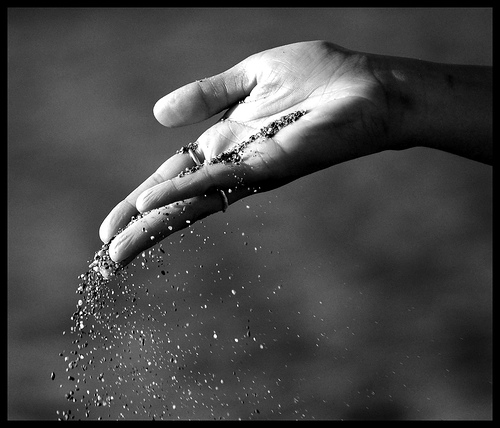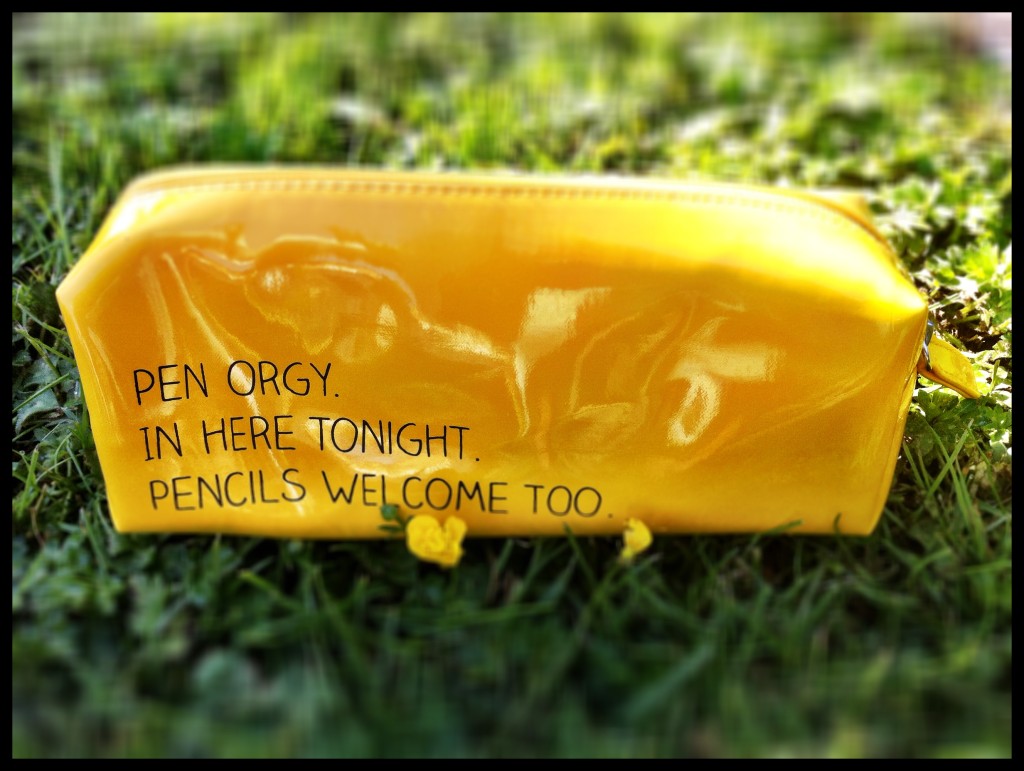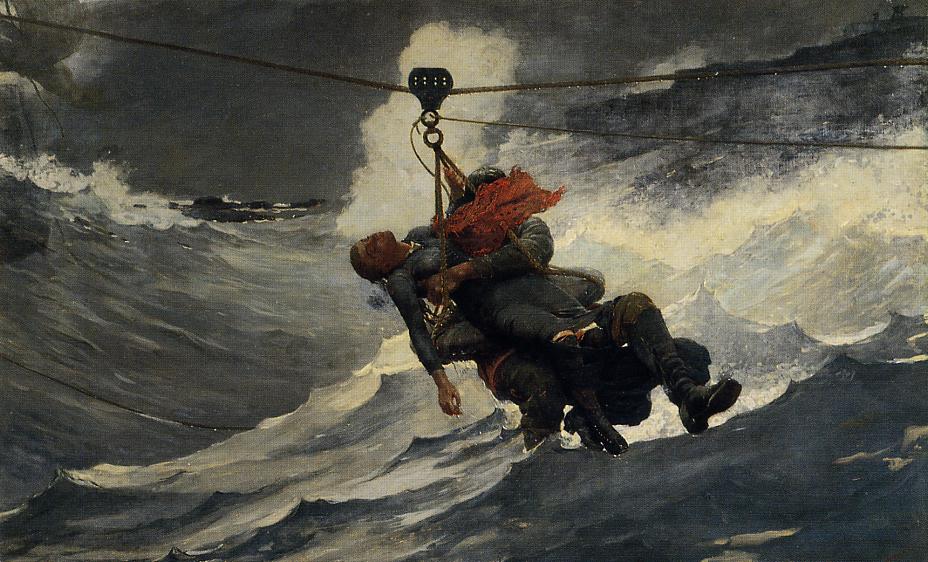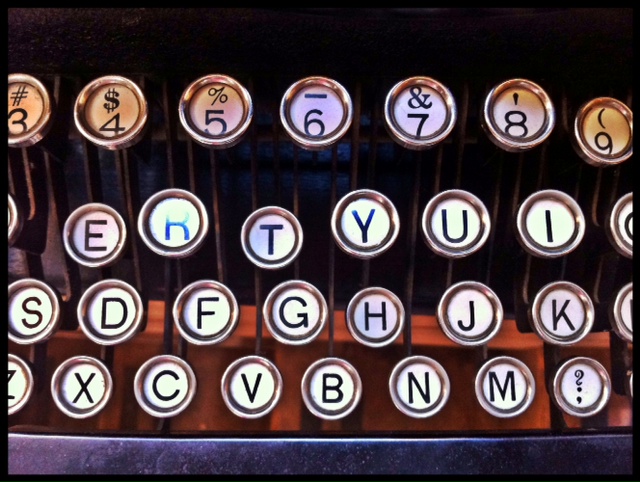 One of the main reasons I began writing my Grape books was because there were stories I wanted my daughters to know and I didn't know if I would be around to tell them.
One of the main reasons I began writing my Grape books was because there were stories I wanted my daughters to know and I didn't know if I would be around to tell them.
Many of you know how the morning after I was diagnosed with PSC I began writing My Grape Escape and didn't finish until I self-published it about nine months later. A simple Google search (FYI: NEVER a good idea with health stuff) will tell you that PSC kills off its victims in a myriad of inventive and heartless ways. Early on, a specialist in Vancouver said to me, "You have to accept that you have a life-threatening disease. You could die of sepsis tomorrow, or be diagnosed with liver or bile duct cancer next week. That is your reality now."
Blunt, to be sure, yet effective.
No doctor, however, could ever tell me exactly how one goes about "accepting" such a reality. Probably because such an existential question of reconciling life and death strikes at the heart of the mystery of our human journey - a mystery that people have been grappling with ever since they made handprints of their own hands on the wall of a cave in Chauvet, France 32,000 years ago.
I wrote feverishly, telling the stories of how I decided to leave behind an Oxford degree and prestigious career legal career path to throw myself into the unknown, how I struggled with panic attacks and anxiety, how it slowly dawned on me that life didn't need to be perfect to be wonderful, how it was wiser to collect les petits bonheurs than to harbour unrealistic expectations of life, how sometimes it was impossible to make yourself happy and to make others happy too...
These were things my three girls needed to know. I had no desire for them to read my books immediately - once they were published my stories would be there when they needed them. That is the magic of art, and writing, and books. They give us a sliver of immortality in a finite world.
However, an unexpected thing happened on the path of telling my stories. It was only when I was about half way through my latest book, My Grape Year, that I realized how creating - in my case writing - was the best course of therapy I had ever embarked upon.
Immediately after I was diagnosed with PSC I called in the cavalry. I set up appointments with acupuncturists, spiritual healers, RMTs, therapists, as well as bought a juicer and eliminated sugar, grains, dairy products, and caffeine from my diet. My whole life became about curing myself from this bizarre, rare, and unpredictable disease.
It didn't work. Not only did eliminating every pleasurable form of sustenance and living off juiced kale started to make death seem like a not entirely unappealing option, but my days were so full of appointments that my battle to stay alive left me no time to actually live.
I am generally a big fan of therapy, but in this case once we had talked for a few sessions about my health situation, the therapist (and there were a few) and me would inevitably end up staring at each other with nothing more to say. The whole PSC situation was certainly not the worst thing in the world, but sucketh, it did. It was one of those types of burdens that cannot be eliminated. It had to be carried, and nobody could tell me how. I had to figure it out for myself.
So blindly, compulsively, I kept writing. I wrote my Grape books out of order. At first this made no sense to me, but one day it finally dawned on me that, on the contrary, it made perfect sense.
My Grape Escape is all about faith, huge life changes, and trying to build a whole-hearted, authentic life even when things are far from perfect. I wrote it during that first year post diagnosis when my life had been turned on its head and I needed to find a new way of living with and in the face of my PSC.
My Grape Village is about the challenges of adapting to a new life with a family - finding community, balancing your needs with those of the people you love the most, finding happiness via les petit bonheur du jour despite the challenges life throws at one's head, and the humbling realization that life never stops providing us lessons, especially at those very moments when we believe we know it all.
My Grape Year was written at a time when my PSC had started to become extremely symptomatic, forcing me to embark on uncharted territory. I was terrified and needed to find courage. I found it in my bold 17 year old self - that girl with her head full of romance and dreams who left Canada and flew almost half way around the world to seek out love and a different way of living. I cannot tell you how many times I woke up during my writing of My Grape Year, either in the hospital or home, paralyzed by visceral terror. My body was slowly, irrevocably getting sicker, I was learning how the transplant system in Canada was both political and ineffective, especially for us PSCers, and my disease was stripping away every part of me that made me me. It was only going back to the manuscript of My Grape Year that made me remember that I was strong and that I was bold and that I had done scary things before and that doing those scary things had transformed my life.
I wept over my keyboard countless times. I laughed over it too. Initially when people asked me why I was writing my Grape Books out of order I would just laugh and say that my mind wasn't linear. This is completely true, but now I look back on the order and it makes perfect sense. The story I wrote always dealt with issues that I needed to work through the most at that time.
Right now I am finishing up edits on My Grape Wedding and I am realizing that this books deals with a time of crisis in my life too, when my panic attacks were probably at their debilitating. Paradoxically, it also deals with one of the most joyful times in my life - the summer when Franck and I got married in Burgundy, France. This rite of passage not only marked a new beginning, but a time when I was surrounded and lifted up by the love and support of friends and family from all over the world.
Could it be a metaphor for my approaching transplant? I certainly hope so.


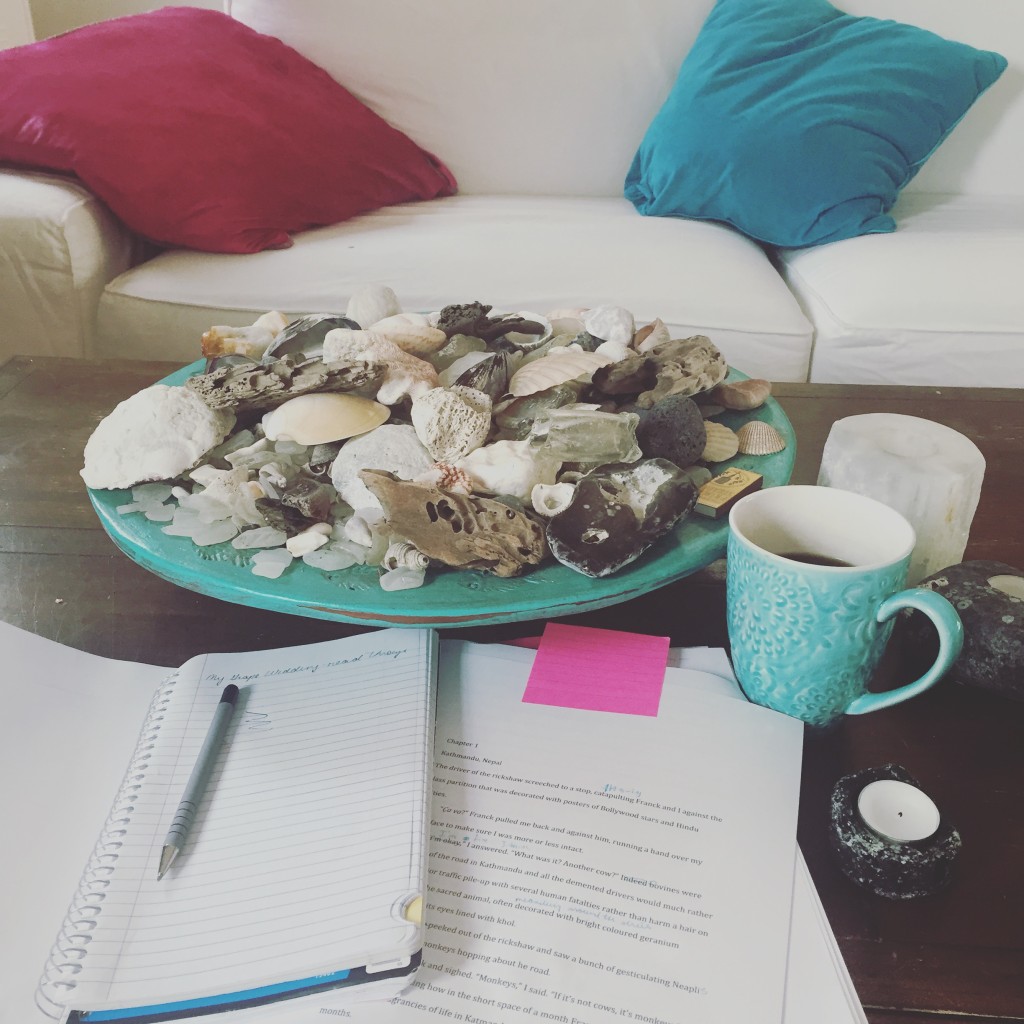
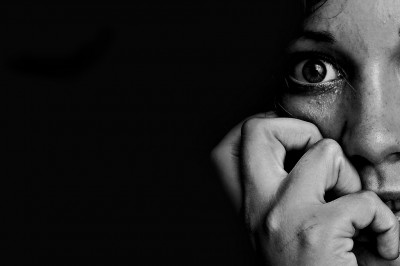

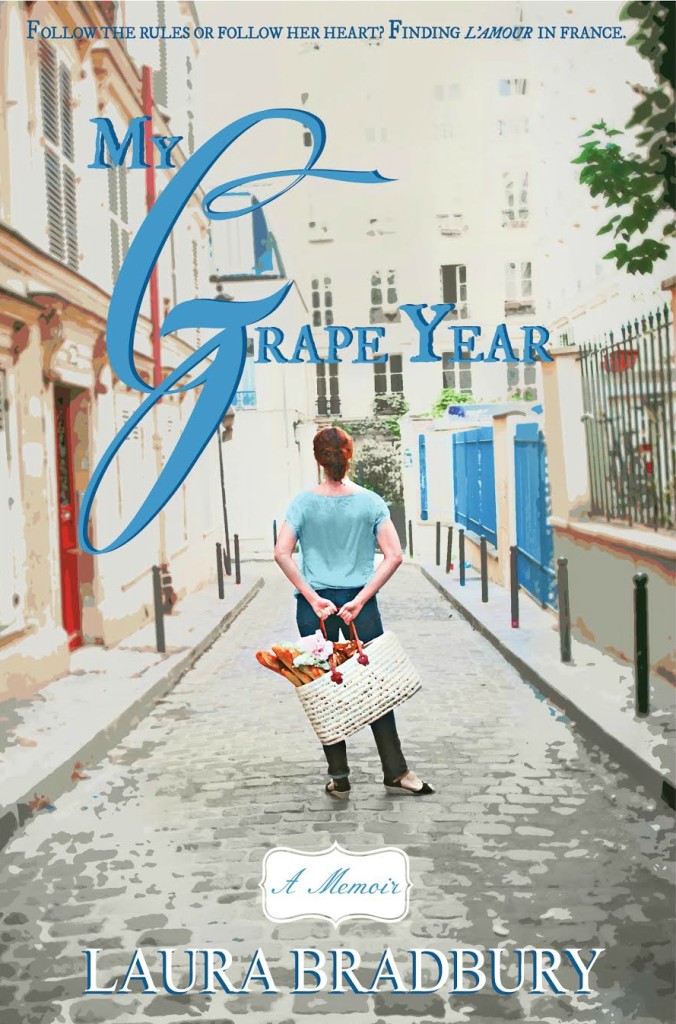
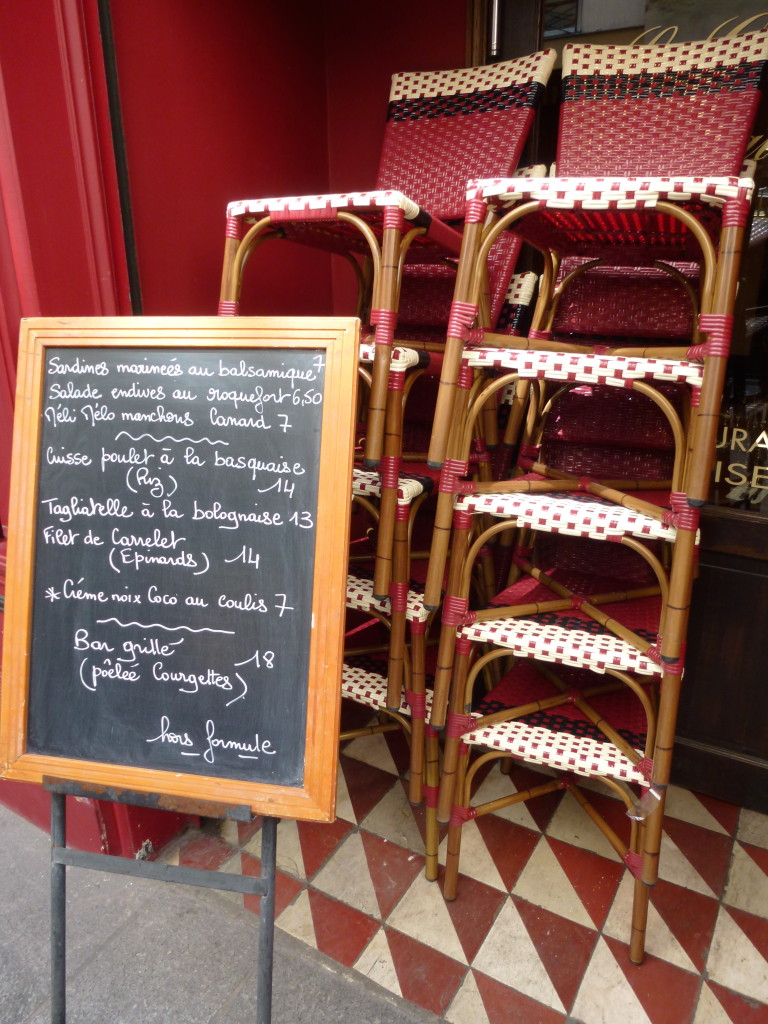

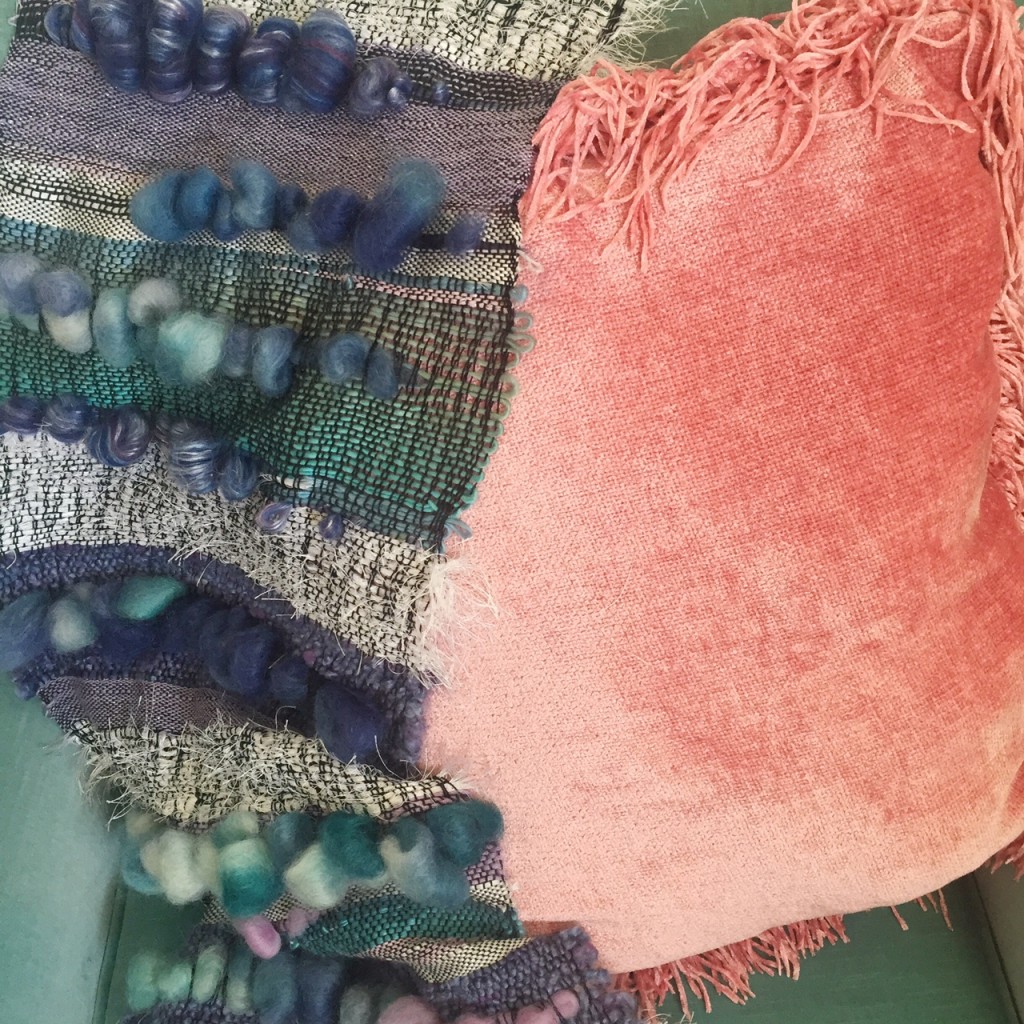
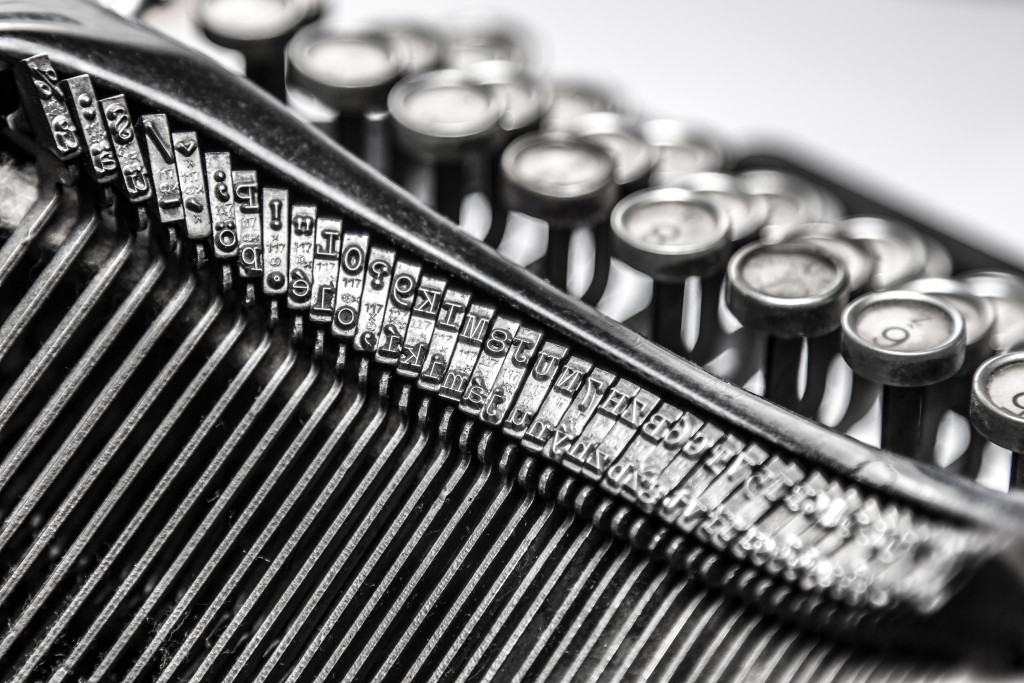
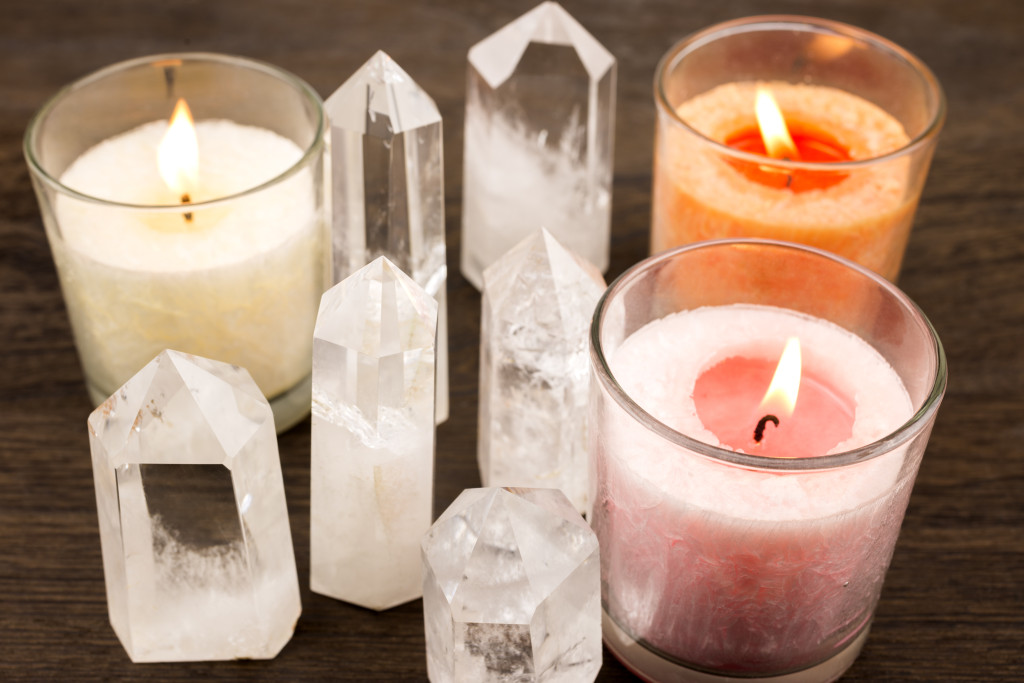
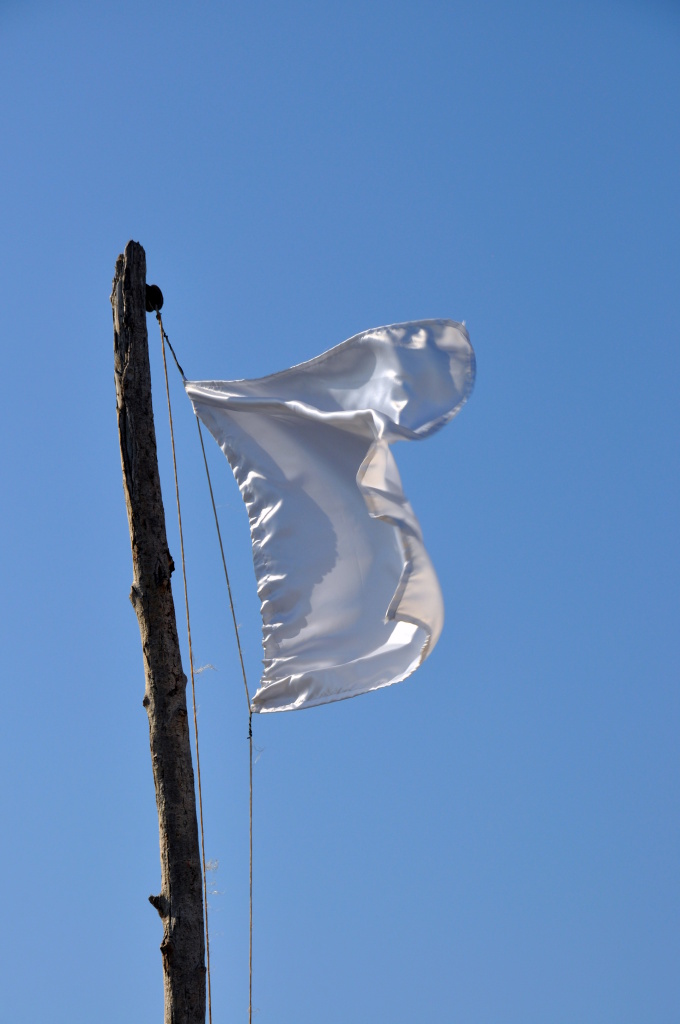

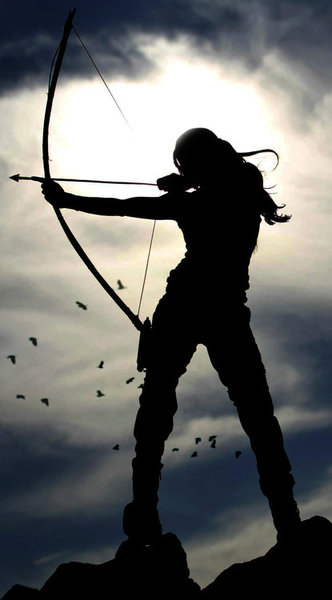
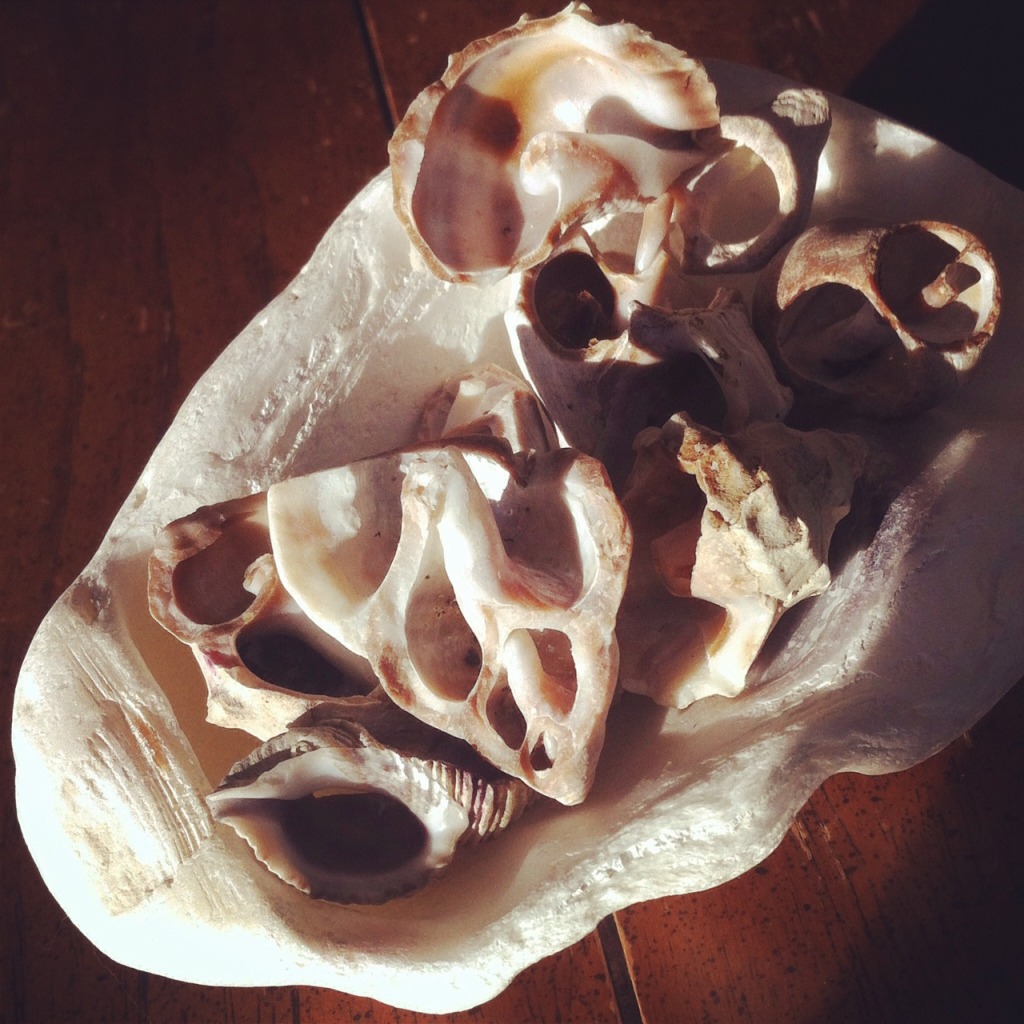
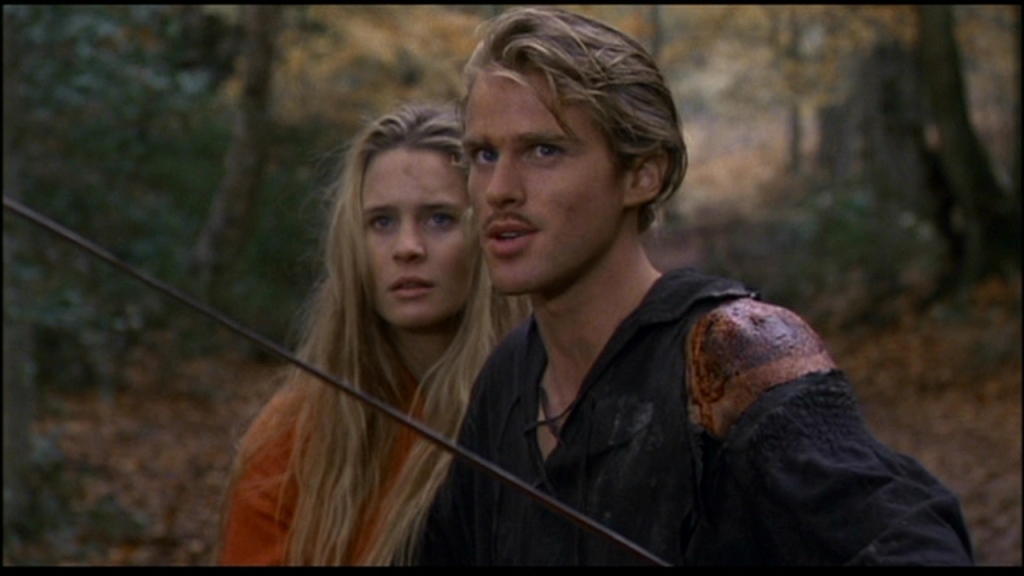
![photo[9]](http://static1.squarespace.com/static/571e60a920c647f92a2908b7/571e672fb4ed3be6d52acbae/571e6755b4ed3be6d52ace00/1461610325682/photo9.jpg?format=original)
